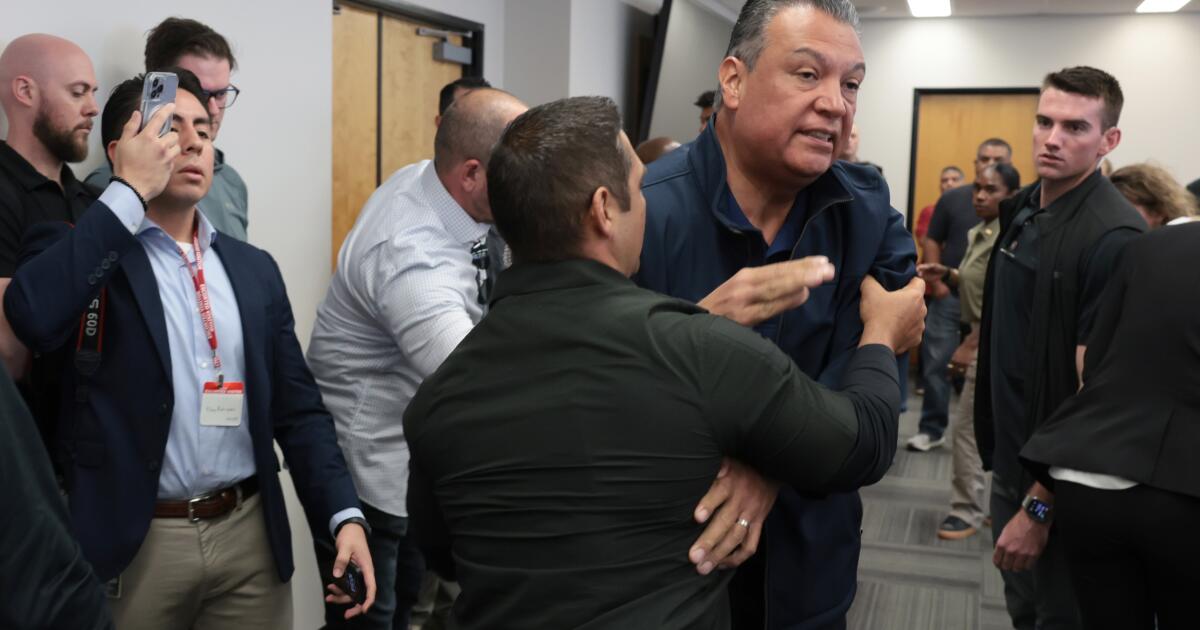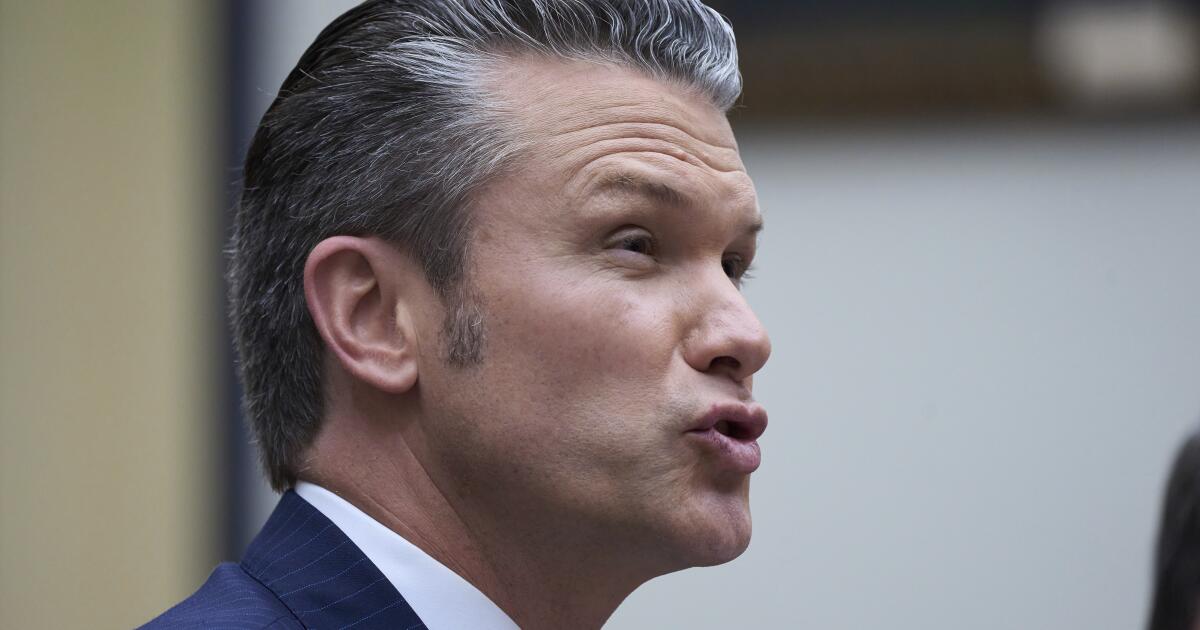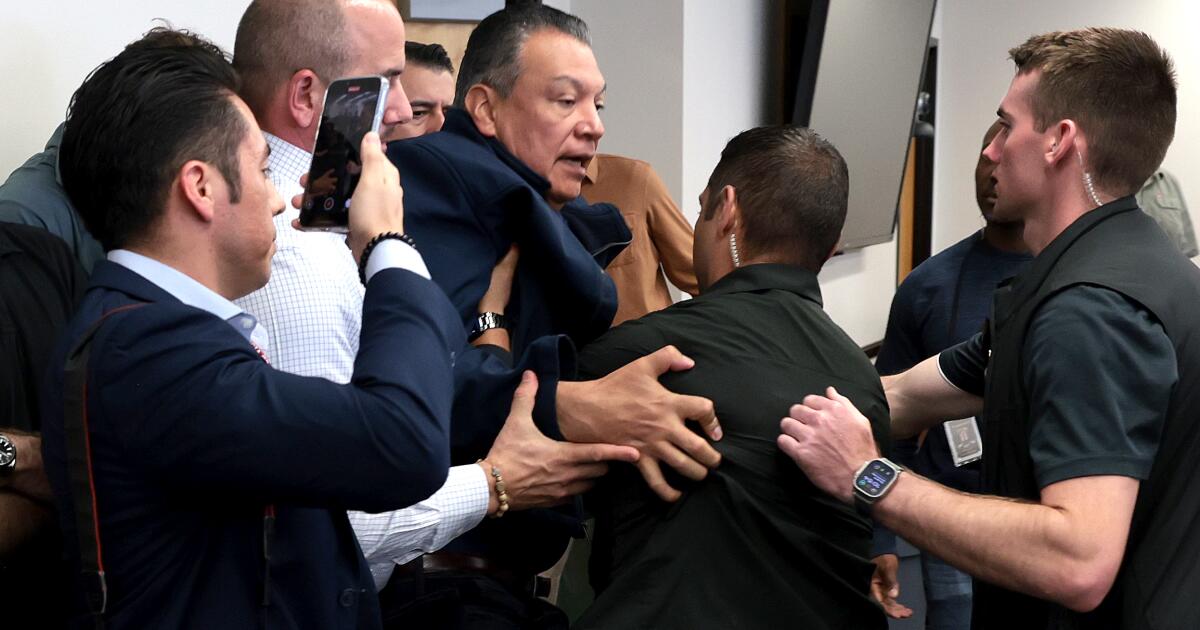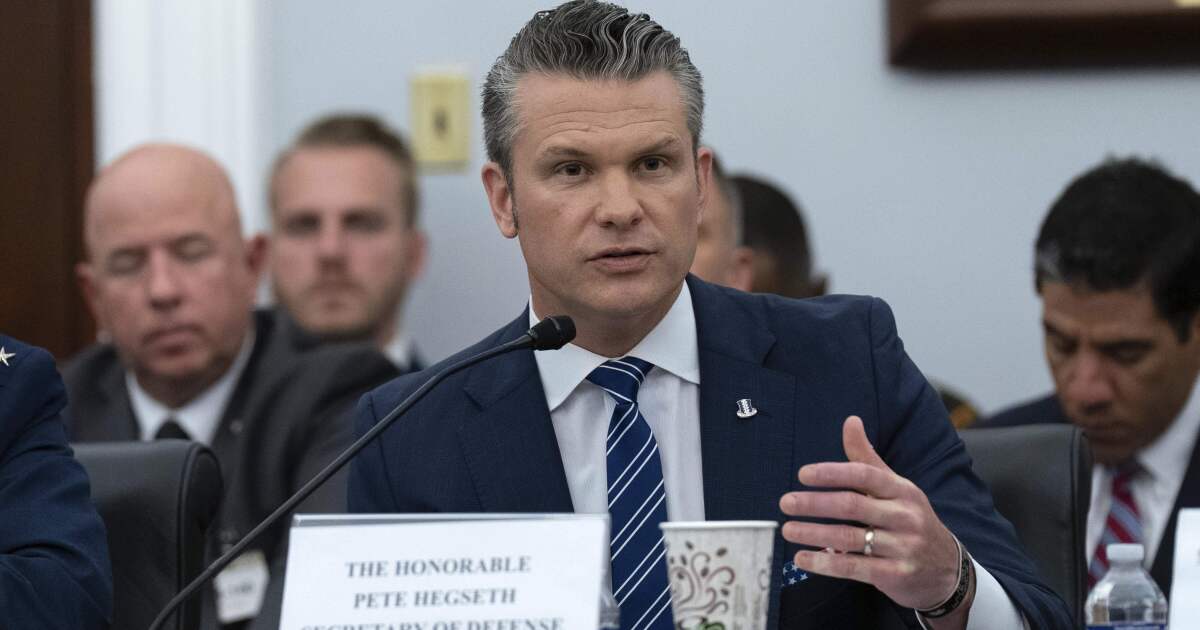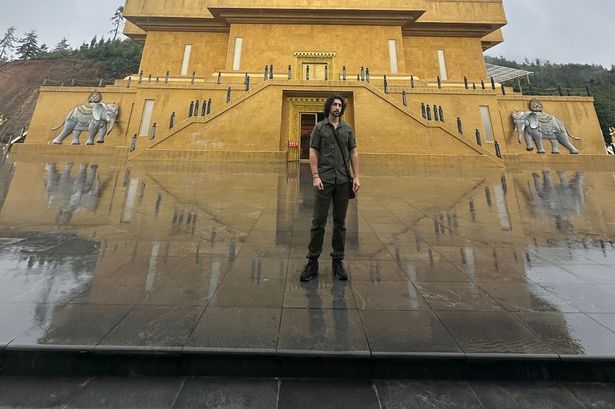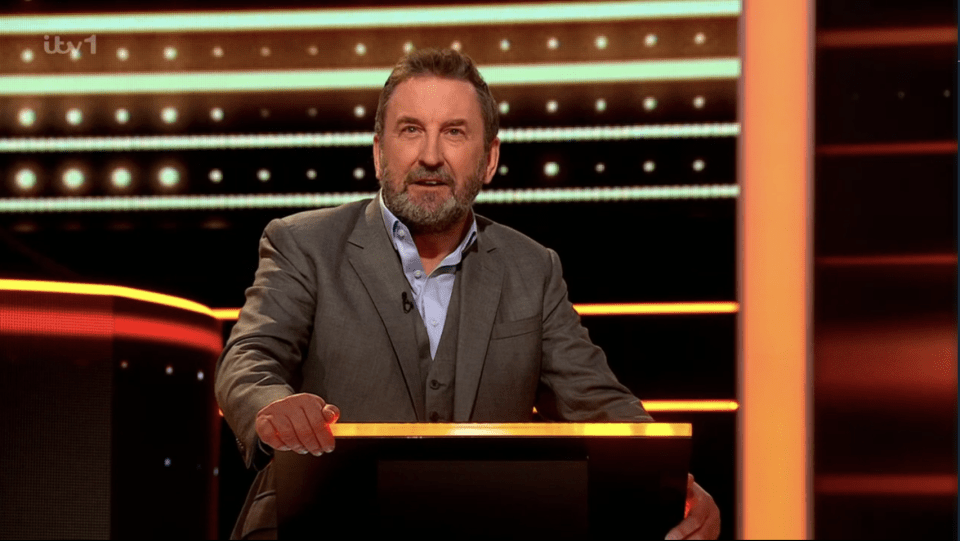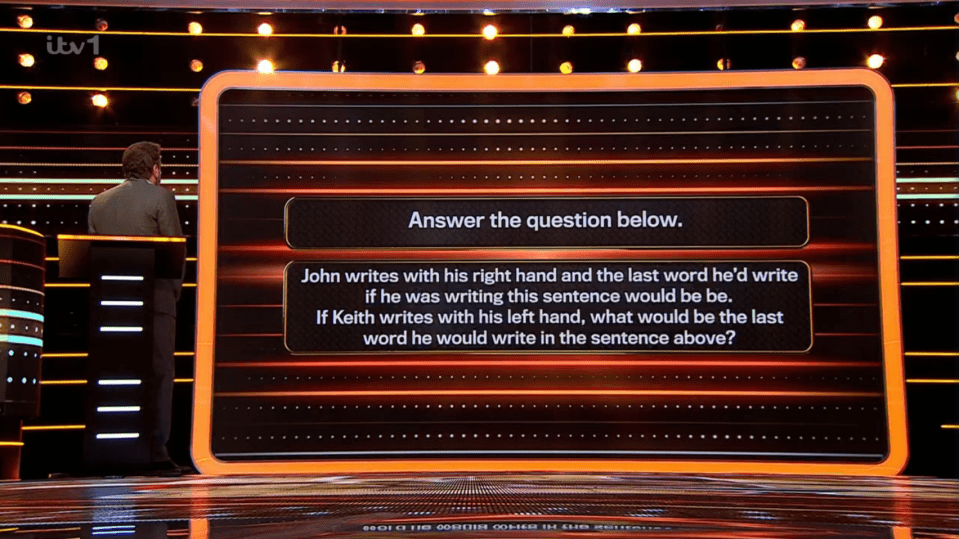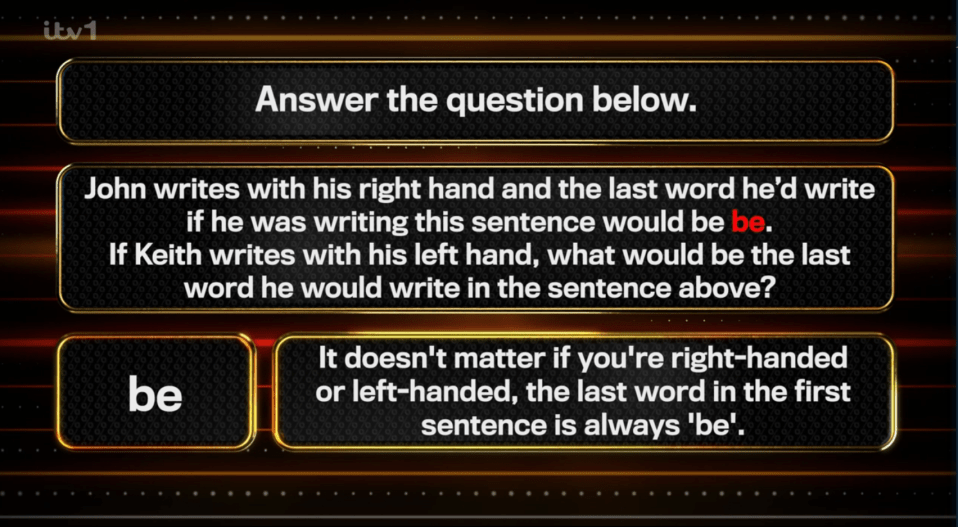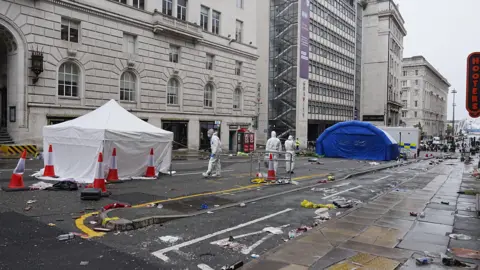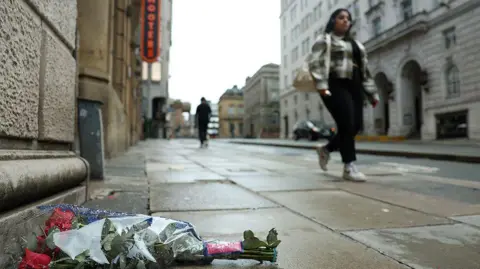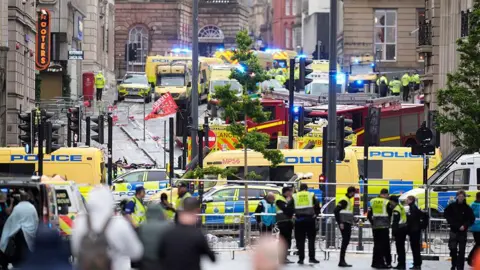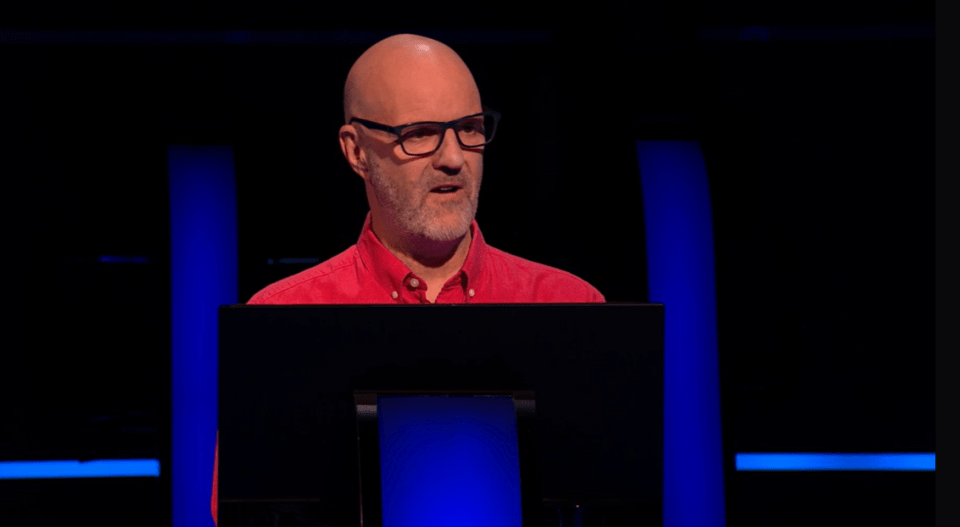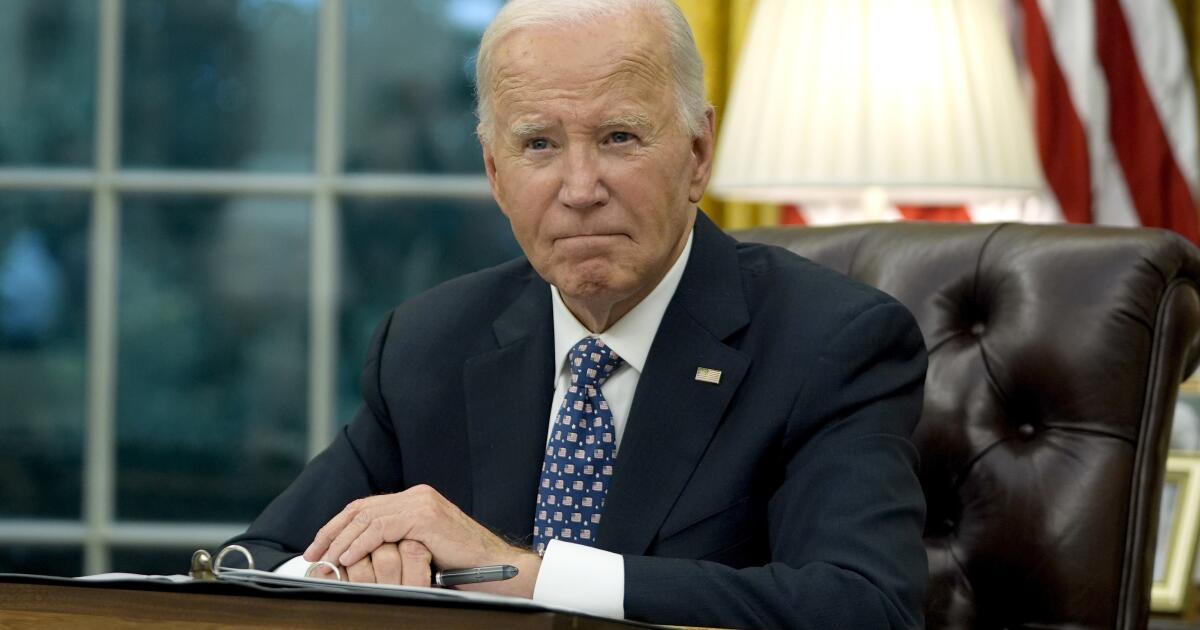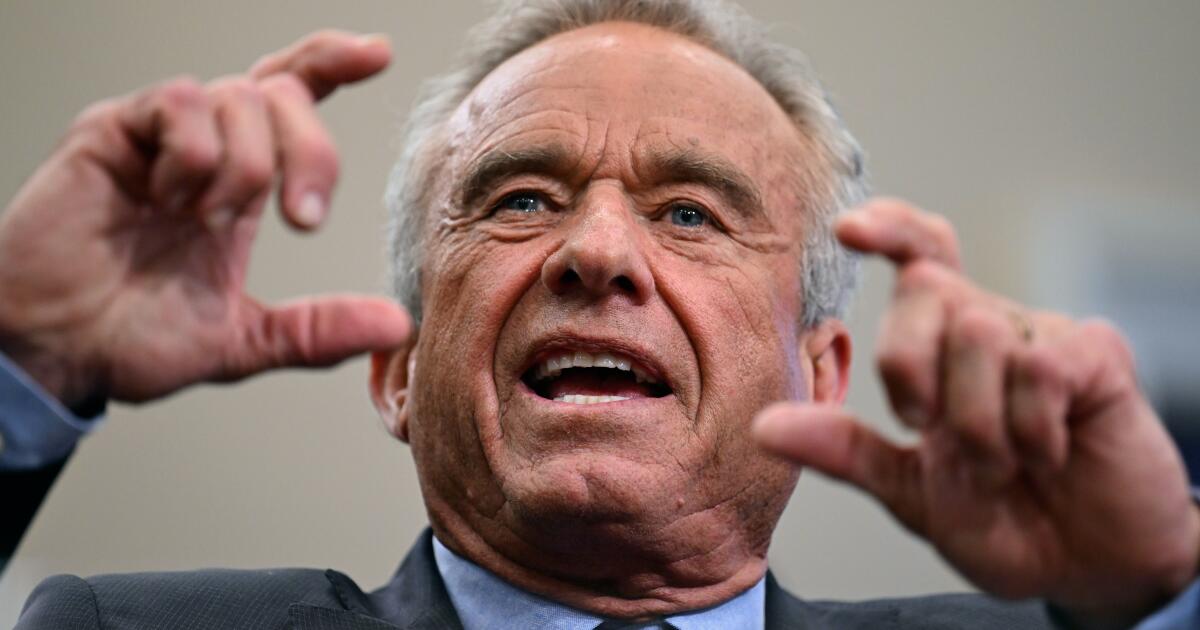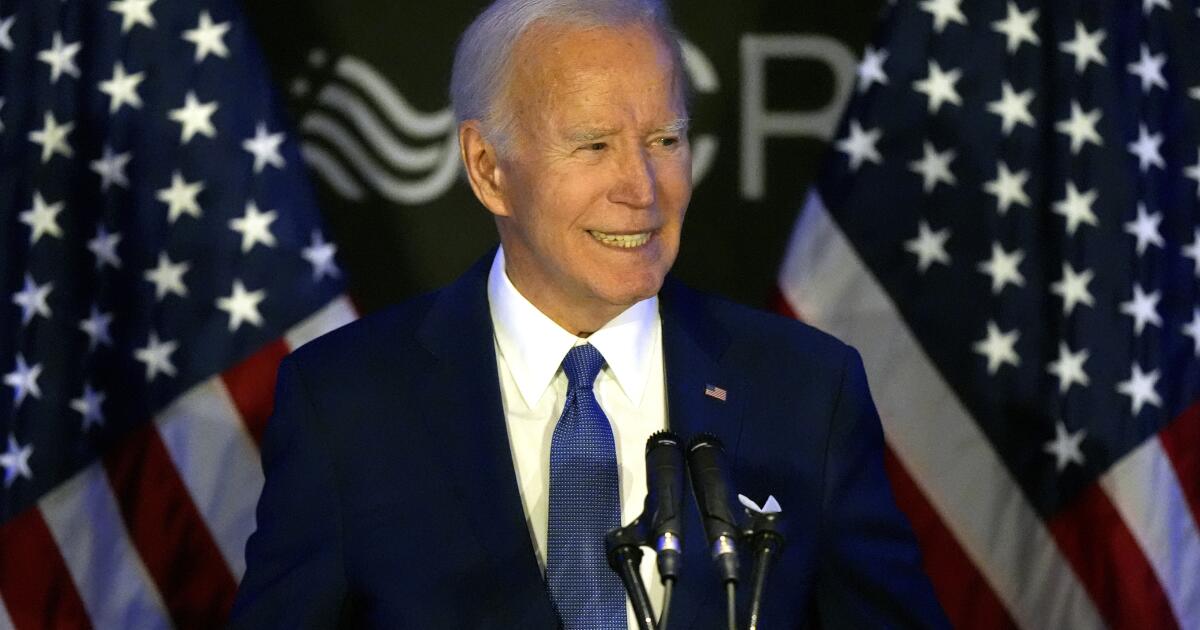Michael Zervos embarked on a trip around the world, visiting 195 countries in 499 days and asking hundreds of people exactly the same question – what was the happiest day of your life?
What is the happiest day of your life?
That’s the question Michael Zervos asked hundreds of people during his record-breaking, mammoth trip around the world.
Last week, the Greek-American globetrotter returned to Detroit, his goal of reaching all 195 countries in the shortest time ever completed. He stopped the clock at 499 days.
The former movie maker was not just motivated by the glory of becoming the speediest nation-visiting completist but also by a desire to understand what makes people tick in different parts of the world.
Some similar themes quickly emerged.
“There were a lot more similar answers than different ones. Many of them fall into particular themes, of connection, of relief or release from pain or agony. Many were mixes of sadness and happiness, like a knot. Sometimes, it was people coming through a period of sadness after a great event,” Michael told the Mirror.
READ MORE: ‘I’m a travel expert but Booking.com host scam nearly caught me out’
“Specifically, about 10% of people who responded would say motherhood, fatherhood, or marriage.”
Amid all the expected answers were some more unusual gems, highly specific to the person and place.
“In Russia, I interviewed six people. One was a 65-year-old woman who was at an art museum with her children. Her happiest moment was seeing her grandkids’ artwork being exhibited alongside her own. Another time, a guy told me that his happiest day was at college when he met his idol, a rockstar of the Moscow mathematics scene. He met him and was given some words of wisdom,” the traveler explained.
Michael embarked on his project in the hopes of connecting with people across the world, in a way that would let him scratch a little beneath the surface. If, he had realised, the question was ‘what makes you happy?’ he’d be inundated with short, repetitive answers. ‘Family’. ‘Friends’ ‘Money’.
However, ask people what the happiest day of their life was, and the answer is likely much more personal and considered.
During our conversation, Michael suggested a quick-fire quiz. I’d name a country, he’d give me a ‘happiest day’ anecdote. We start with Samoa.
“There was a fella named Christopher. A big, friendly, jovial guy. He was so proud of their heritage. Christopher’s happiest moment was the time he got his entire heritage tattooed on himself. It is an extremely important decision for Samoans. You are taking upon the past traditions, heritage and the stories of your people on your body. It is very painful and traditionally takes place over long, long periods of time. You can’t take any pain killers. You can’t drink at all. It’s 10 hour sessions, day after day. His happiest moment was when he completed it,” Michael recalled.
Next up, Sierra Leone – a country that typically finds itself at the bottom of global development indexes.
“I got more interviews in Sierra Leone than in any other country. People lined up to be interviewed by me. There was a guy on the street talking about being a child soldier. This guy told me his happiest moment was running away, escaping (from the army).”
The third country causes more pause for thought, and links to another reason Michael landed on his question. It is Finland, recently ranked as the happiest country in the world by the World Happiness Report for the eighth year in a row.
“It was immensely difficult to get interviews out of Finns. Did I find them to be more happy? No, no I didn’t.”
The more people Michael spoke to, the more he questioned the metrics used to measure happiness in the Report. He found them “somewhat Westernised” and unable to get to the core of what people want and what they’re about.
While he admits his work is limited by being so anecdotal and interpretive, Michael felt he got to the heart of some countries and what brings joy to the people there.
“The Pacific Islands seemed the happiest region to me. There is a high level of community and support. It is a high trust society with tight cultural norms. They’re in the here and now. We’re here today and tomorrow and the rest is a dream. That is how people think of their realities there. They build together.”
Other places remained a mystery.
“It was hard in some countries, especially Japan. There were things that seriously disappointed me and some that surprised me. I was walking through Tokyo, which I had imagined as the city of the future, a cyberpunk world. When I visited, it was hard for me to separate the metal from the living, undulating mass of people and concrete. The humanity and dignity of people somehow faded. It can be very isolating, immensely lonely, and amazing at the same time. The overstimulation in Japan. It can be extremely difficult to penetrate and interpret.”
Now Michael is back home he is working through his interviews, which are uploaded to his Instagram account. Soon, he will turn his investigation and travels into a book for Penguin Random House.
Whether he gets to the bottom of what makes people happy, or the ingredients for a happy life, once all of his notes have been read through and interviews rewatched, remains to be seen.
